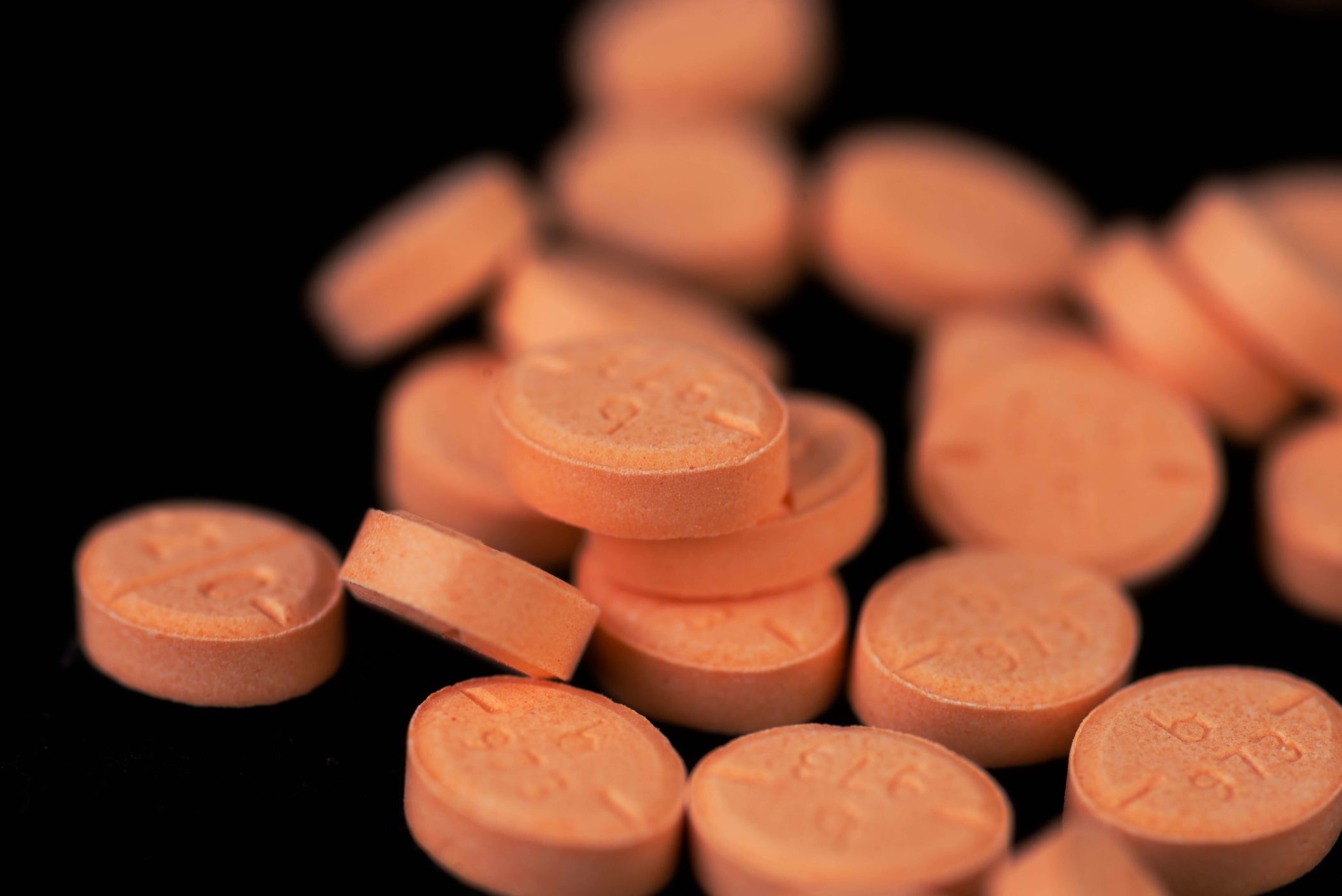Adderall is an FDA-approved medication for ADHD (Attention Deficit Hyperactivity Disorder) and narcolepsy, but many feel it has “off-label” benefits for cognition and mental health. Like all stimulants, Adderall increases concentration and energy levels while decreasing the need for sleep and suppressing the appetite.
Adderall is the brand name of a prescription drug containing the stimulants amphetamine and dextroamphetamine (there are also generic versions available). Adderall is a controlled substance that can cause psychological and physical addiction and has the potential for abuse because it can cause euphoric sensations.
How Does Adderall Work?
Adderall changes brain chemistry, stimulating the release of dopamine (the “feel-good” hormone), adrenaline, and norepinephrine, causing a range of feelings and sensations. It makes the user feel awake and focused while remaining calm. It can give some people a burst of energy and confidence and even give them feelings of euphoria. Since it is a stimulant, it also increases blood glucose levels, heart rate, and blood pressure while substantially decreasing one’s appetite.
Adderall assists with ADHD by allowing those affected to focus for more extended periods, boosting productivity, memory, concentration, organization, task completion, and attention span. It may even help ADHD patients to listen and follow directions and aid with impulse control in children and young people.
What Conditions Does Adderall Help Treat?
Adderall helps people with narcolepsy to get onto a better sleep schedule by keeping them awake during the day, so they sleep better at night. Narcolepsy is a dangerous sleep disorder. Adderall’s stimulating effects on the central nervous system help promote wakefulness in people with narcolepsy and chronic daytime sleepiness. Narcoleptics often find that Adderall boosts their confidence and motivation, helping with regular daily tasks or getting started in the morning.
Adderall is also occasionally used “off-label” to treat depression by lifting mood and reducing the desire to oversleep. Unlike other antidepressants, Adderall has almost an instant effect. It is also occasionally prescribed to help with weight loss. In rare instances, Adderall is used to treat anxiety by helping people with ADHD to focus on the task at hand rather than on worries or distracting thoughts. Research is also ongoing on using Adderall to alleviate some symptoms of bipolar disorder.
Adderall and College Students
Stimulants are commonly used to enhance cognition and improve performance. College students often use Adderall or other stimulants to cram for exams. Adderall makes it easier to focus for an extended period and improves alertness which is beneficial for completing work, studying, or boosting overall productivity. Adderall is not perceived as dangerous because it is popular and is considered low risk. However, it is classified as a Schedule II controlled substance by the United States DEA — the same as cocaine — meaning the risk of abuse/addiction is high. In fact, anyone using Adderall should be monitored by a medical professional.
Side Effects Of Adderall
Common Adderall side effects include stomach pain, weight loss, high blood pressure, changes in mood, nervousness, fast heart rate, headache, dizziness, insomnia, tingling fingers or toes, and dry mouth. Severe reactions can include chest pain, psychosis, blood circulation problems, seizures, muscle cramps, and vision changes.
Can Adderall Be Dangerous?
When Adderall is taken, dopamine levels may rise enough to cause euphoria and a high. People get used to this effect and become dependent on it, building a tolerance to the drug. This results in the need to take it more often or in larger doses to achieve the same effect. Thus, Adderall can be habit-forming.
Signs Of Adderall Abuse
Signs of Adderall abuse/dependence are typical: trouble sleeping and concentrating, lack of motivation, depression, irritability, taking more than the prescribed dose, mixing the drug with other substances, feeling dependent on and unable to function without it, spending time and energy trying to get more, withdrawing from everyday activities and social obligations, mood swings, aggression, restlessness, excessive fatigue, or even suicidal thoughts.
Adderall Overdose
Adderall overdose symptoms can be alarming: confusion, nausea and vomiting, diarrhea, breathing difficulties, high blood pressure, rapid heartbeat, headache, hallucinations, stroke, seizures, high fever, and heart attack. Adderall has been known to cause stroke, heart problems, and sudden death in people with heart illness. While a large dose would be needed to overdose, Adderall reacts badly with medications, other drugs, or alcohol, and these interactions can be highly dangerous or lethal.
Quitting Adderall
Stopping Adderall is not usually an issue if the person has been using it as prescribed. Withdrawal symptoms, if any, should be extremely mild. However, an Adderall abuser will have significant withdrawal symptoms lasting up to several weeks. Symptoms include:
- low energy levels
- trouble focusing
- dry mouth
- shakes
- mood swings
- body aches
- anxiety/panic attacks
- cravings
- depression
- short-term memory issues
Medically supervised detox is the safest way to start recovery, followed by psychotherapy, behavioral therapy, and support groups designed to prevent relapse.
Adderall is an effective drug with a wide range of uses, but it can cause severe side effects and addiction — both physical and psychological. Long-term use can weaken or damage the cardiovascular, nervous, digestive, and pulmonary systems and make long-lasting changes to the brain’s chemistry.
Why Choose Bridges of Hope?
Bridges of Hope offers integrated and comprehensive services for individuals with substance abuse and mental health concerns. We place superior care as our highest priority and ensure that we provide all-inclusive treatment plans tailored to each individual’s needs to achieve long-term recovery from substance abuse and mental health disorders!
If you or someone you love has become addicted to Adderall, contact us. We want to be a bridge of hope for you.


 Verify Insurance
Verify Insurance
 Toll Free Call
Toll Free Call